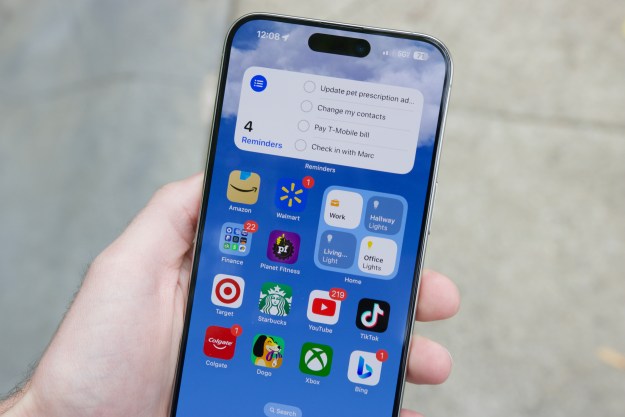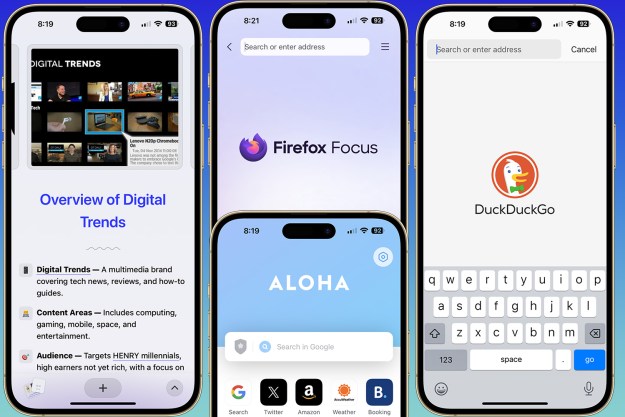Apple is facing yet another antitrust case. The subject this time? Apps. Earlier this year, the Supreme Court agreed to hear Apple Inc. v. Pepper, a case that asks whether or not Apple has monopolized the app market. If the Supreme Court rules against Apple, it could have far-reaching implications for everyone. Now, after hearing Apple’s arguments in the case, it’s looking more and more like that might happen.
According to a report from CNBC, the U.S. Supreme Court appeared skeptical of Apple’s arguments against ruling that the App Store is a monopoly. Two of the judges suggested that the precedent on which Apple is basing its arguments may need to be revised. Despite this, it’s impossible to tell how the Supreme Court will rule — most cases that have come to the Supreme Court have ended up in favor of corporations. It’s important to note that the Supreme Court isn’t settling the underlying antitrust issue, it’s ruling whether consumers have the right to bring this case against Apple at all.
At the heart of the dispute is the issue of money. Apple both charges developers 30 percent of their app’s revenue, and prevents iOS devices from being able to install apps from other sources. Because of that, some argue that Apple has inflated the price of iPhone apps in an effort to make more money.
On the other side, Apple argues that the plaintiffs, who are consumers, don’t have the right to sue Apple under current U.S. antitrust laws. The key to that argument, as noted in a report by Wired, is a case from 1977, Illinois Brick Co. v. Illinois, which resulted in a ruling that you can’t sue for an antitrust case if you didn’t directly purchase goods or services. Because of that, Apple says, it’s not selling apps to customers, the developers are through the App Store.
The only problem with that is that the plaintiffs are arguing that Apple has monopolized app distribution — not necessarily apps themselves. There is evidence of that on Android; users can get apps from the Google Play Store, but they can also get them from Amazon and other third-party stores, too, if they so choose.
The case could result in some major changes for consumers and Apple alike. If Apple wins the case, nothing much will change with how it and developers interact, and developers will still be forced to go through the App Store and abide by Apple’s rules. If the plaintiffs win, however, Apple may have to pay hundreds of millions of dollars and it may have implications for other large tech companies that sell products from third parties, including the likes of Amazon.
Updated on November 26, 2018: The Supreme Court has heard Apple’s oral arguments.
Editors' Recommendations
- Here’s how Apple could change your iPhone forever
- This one thing could make iOS 18 the best iPhone update in years
- Everything you need to know about the massive Apple App Store outage
- We now know when Apple is adding RCS to the iPhone
- Apple just announced the dates for WWDC 2024


